In the third part of this four-part series, which will come out in March, The Journal will showcase Suffolk’s first female students and staff in honor of Women’s History Month.
When Black History Month comes to mind, most people think back to Martin Luther King Jr. speaking on the steps of the Lincoln Memorial, or Rosa Parks refusing to rise from a seat at the front of a bus. But for this Black History Month, The Journal is honoring Suffolk University’s first black students and staff.
The founder of Suffolk, Archer Gleason wanted to bring education to everyone. Through this approach, people of color were able to attend the university just a few years after it opened.
“From the beginning, Suffolk opened its doors to a diverse group of students when many schools did not,” said university Archivist and Director of the Moakley Archive and Institute Julia Howington.
The first black student to graduate from Suffolk was Thaddeus Alexander Kitchener, who was born in Jamaica. By 1908 Kitchener was living in Roxbury with his wife, Mary E. Smith.
Kitchener applied and was accepted into the Suffolk School of Law in 1909. At the time of his schooling, he was working as a janitor at Simmons College. Kitchener graduated in 1913 (fun fact: that was the same year Rosa Parks was born) and continued to work as a janitor until at least 1918 (the same year Kathrine Johnson, a mathematician for NASA, was born).
For most of Suffolk’s history, the school listed Thomas Vreeland Jones as its first black graduate.
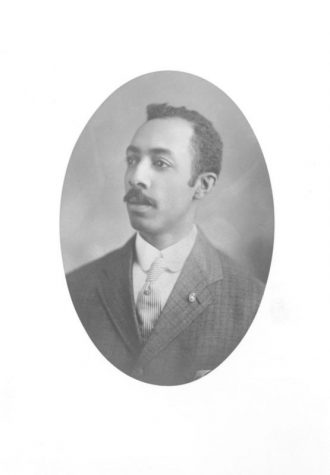
Thomas Vreeland Jones, one of Suffolk’s first black graduates
Prior to enrolling at Suffolk Law, Jones worked at the Universalist church group, Second Society of Universalist’s office building— the building where the large Walgreens down the street from 73 Tremont now resides— as its superintendent.
Jones enrolled in evening classes at Suffolk in 1911 and graduated in 1915 (for Sox fans, the World Series that year was won by the Red Sox). Jones entered the real estate field after graduation, but he also continued to work as a superintendent.
In 1981, the Thomas Vreeland Jones Scholarship Fund was established by Jones’ daughter, Lois Mailou Jones, and the Black American Law Students Association at Suffolk University Law School to provide financial assistance to law students with historically-marginalized identities.
That same year, Lois Mailou Jones received an honorary degree from Suffolk.
Louis Eugene Pasco was the first Latinx graduate of Suffolk. Pasco’s father was Mexican and his mother was black. After graduating in 1914, Pasco worked as a clerk at the National Shawmut Bank. There is no indication of whether Pasco practiced law or not.
George Madison Washington was born in Sparta, VA. He at one point attended the English High School in Boston, but left the school for financial reasons. He applied to Suffolk in 1910 (that same year, race riots broke across the country on July 4 after black boxer Jack Johnson beat white boxer James J. Jeffries in a heavyweight match in Reno, NV), and he graduated in 1914.
The university’s first full-time black faculty member was William L. Hannah. In 1970, he started teaching psychology. He then became the school’s first minority student advisor in 1972 (Jackie Robinson, the first black Major League Baseball player, died that year on Oct. 24).
Hannah worked at Suffolk until 1986.
Class of 1960 graduate, Ivorey Cobb, was nominated by New Hampshire Governor John W. King to be the special judge of the Colebrook Municipal Court in 1964. At the time, Cobb was serving as a lawyer and was a retired Army major.
In 1965 (the year Malcolm X was assassinated), Cobb received an honorary degree at the Suffolk University Law School Commencement.
Manuel V. McKinney graduated from Suffolk in 1967 (the same year Thurgood Marshall became the first black person nominated as a Justice to the United States Supreme Court).
He became the first black President of the Massachusetts Trial Lawyers Association in 1969.
In 1985, the black studies minor was proposed and finally approved in 1994 by Suffolk’s College of Arts and Sciences faculty. The minor celebrated its 25th anniversary in 2019. The minor allows students to take classes such as West African History Through Film and Literature and the History of Black Music in America.
The Journal is trying to bring attention to those who helped create a diverse and educated community and their achievements. Happy Black History Month!
Unmistakably, every graduate we have featured has been a man. In the next part of the series, The Journal will be highlighting the past achievements of the women of Suffolk for Women’s History Month.


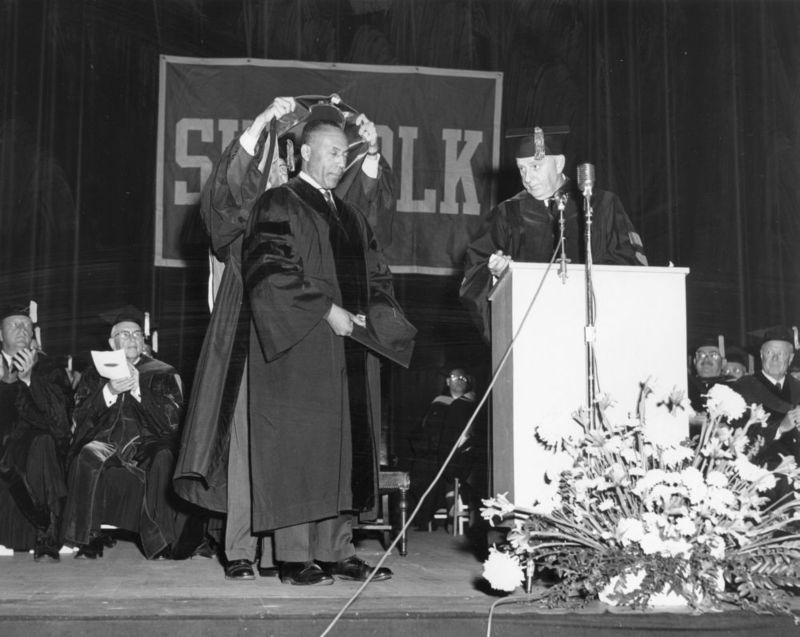
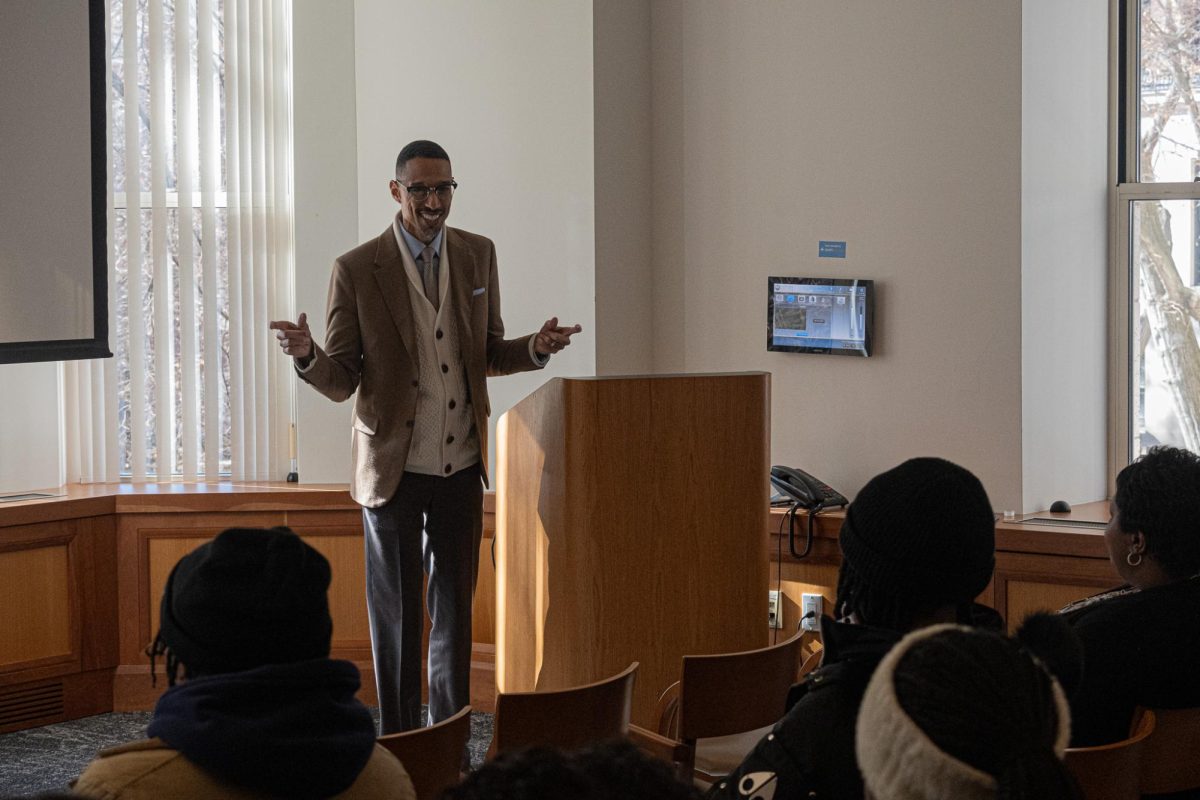
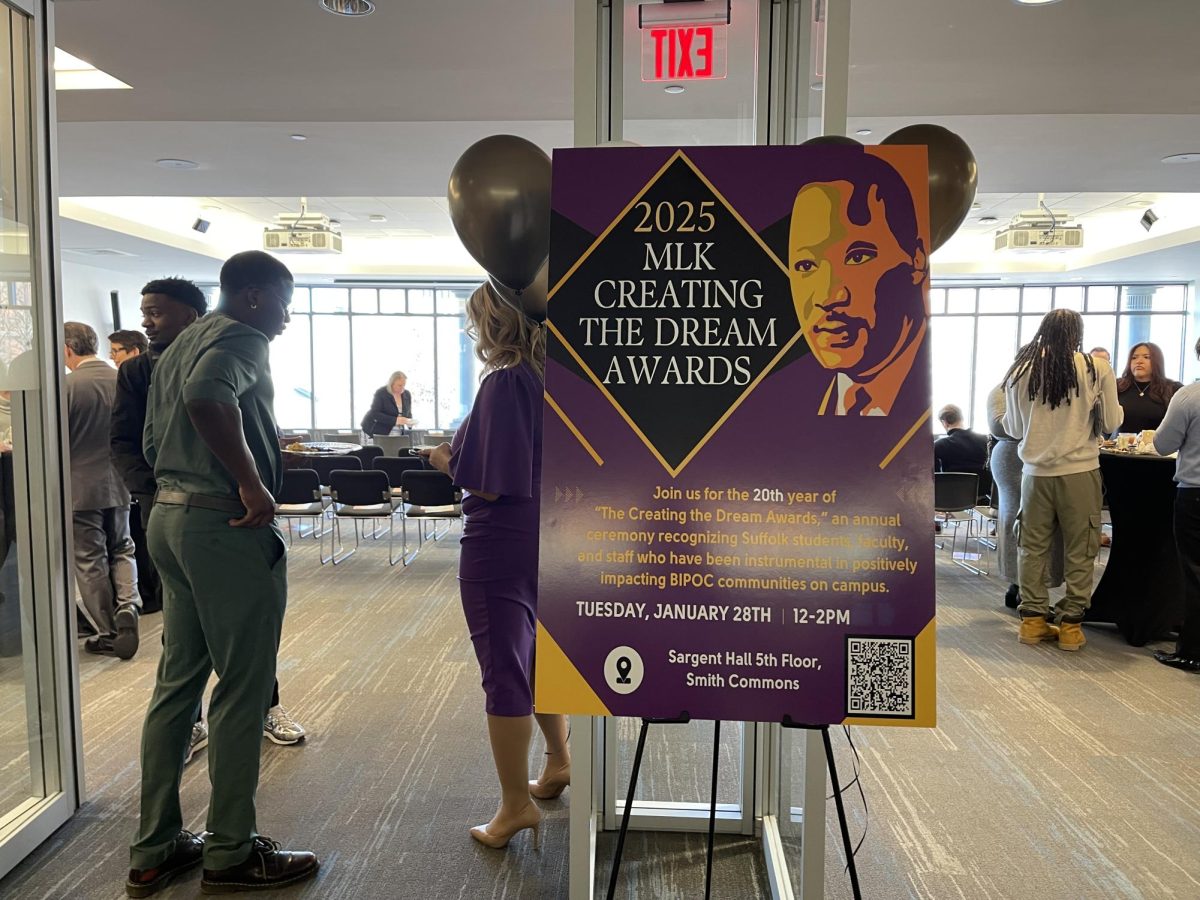
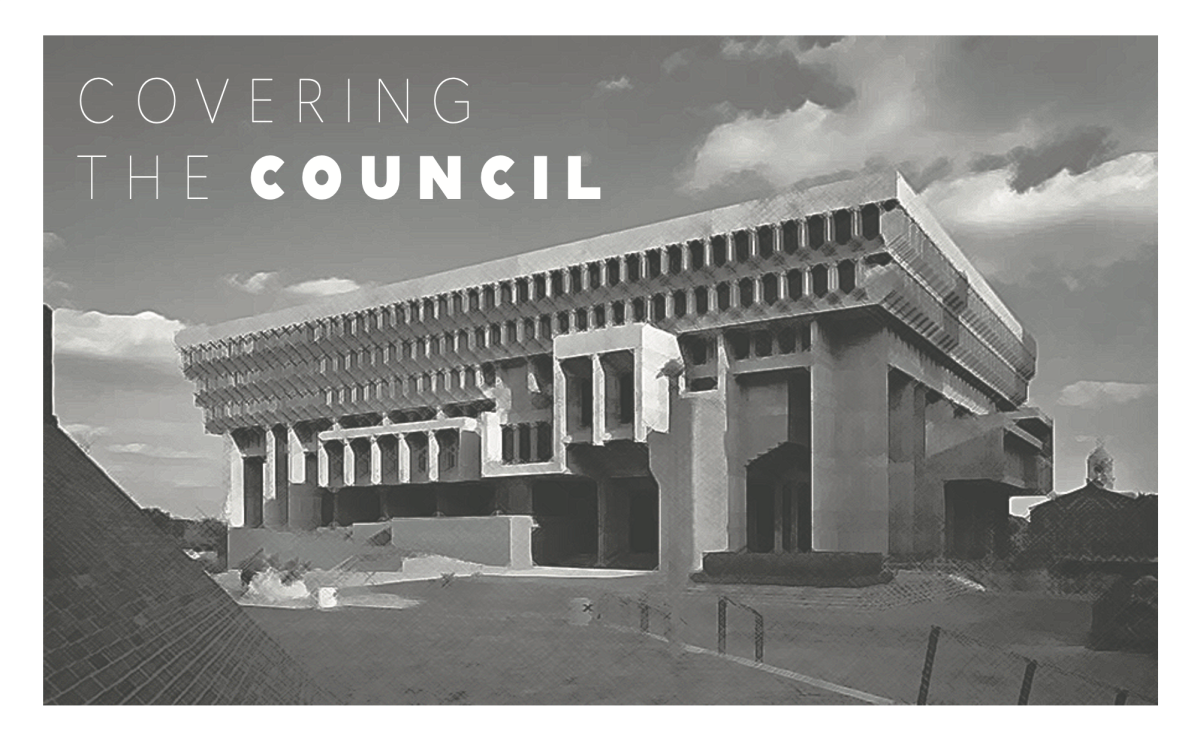
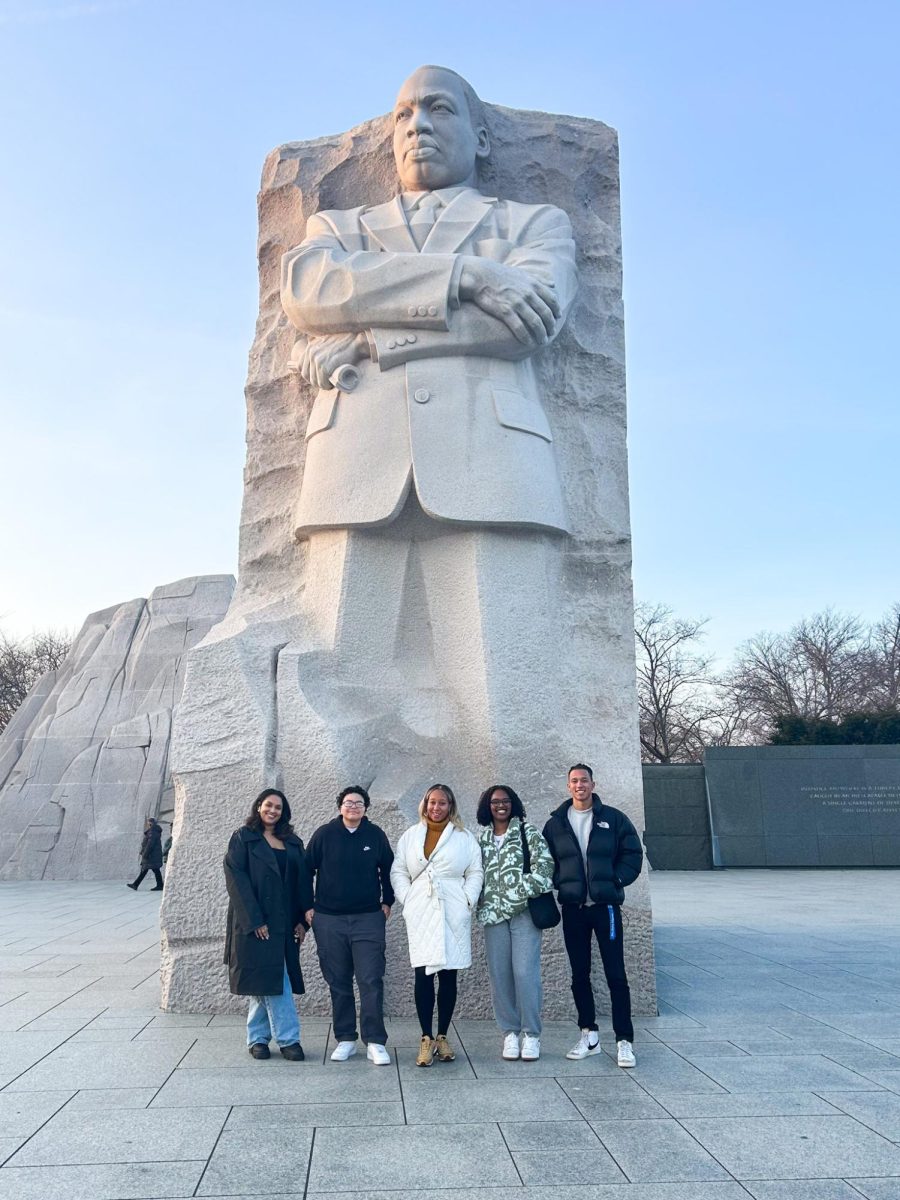
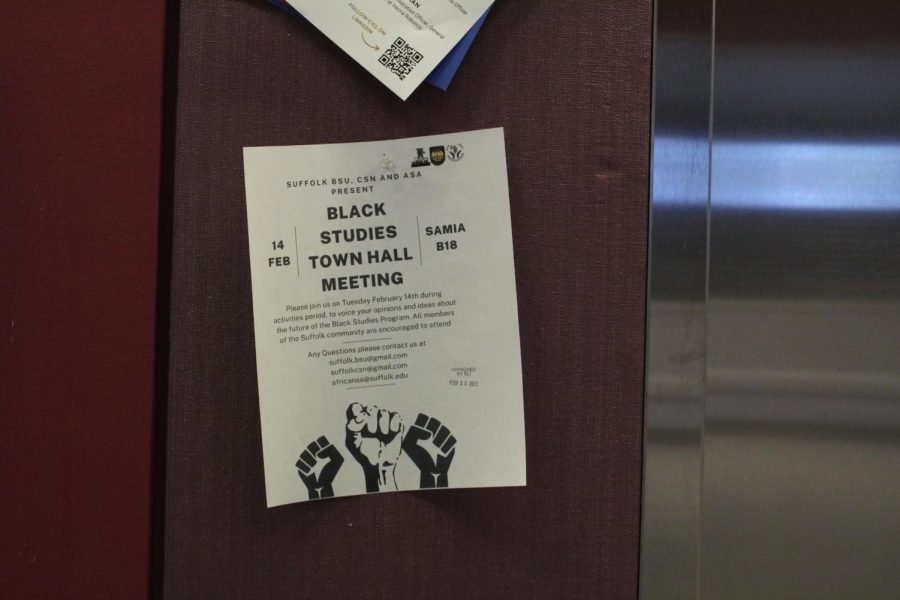
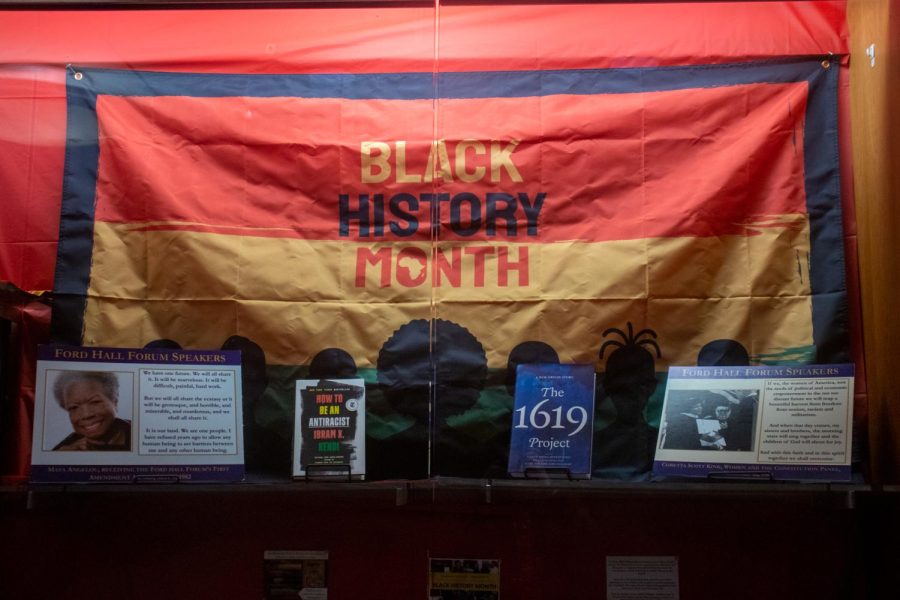








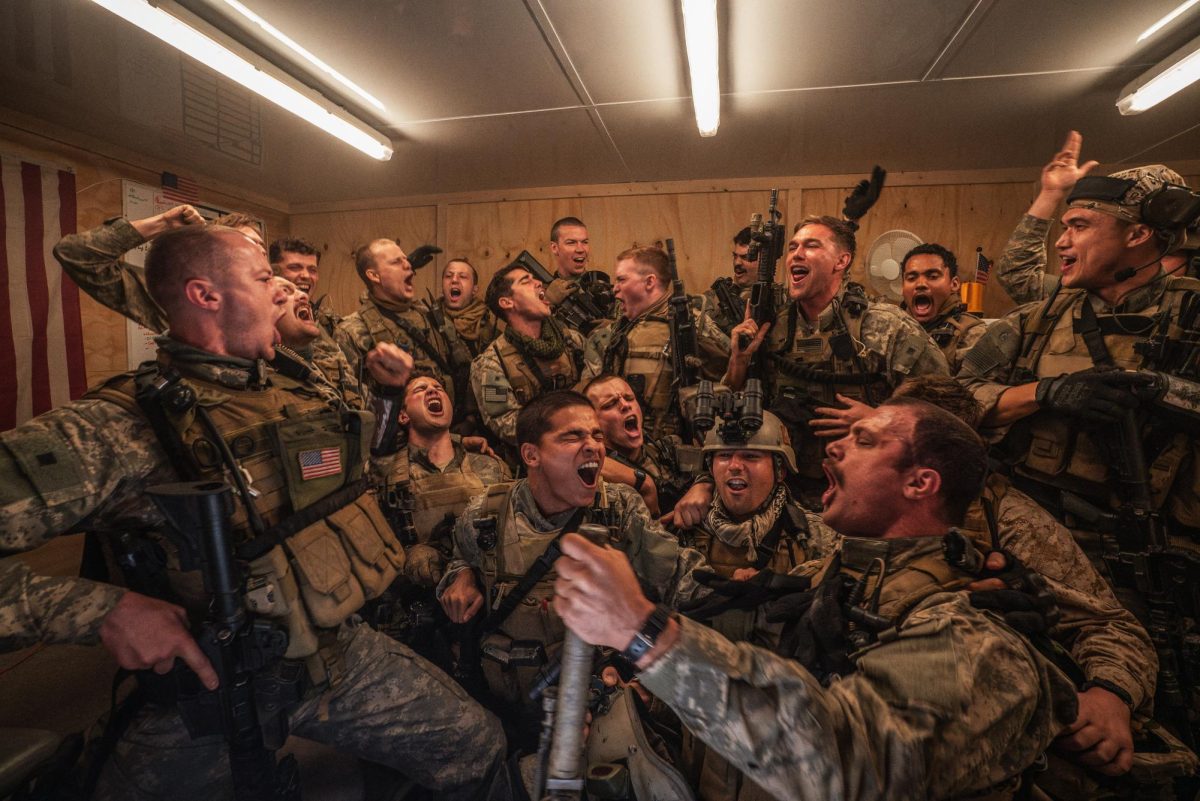

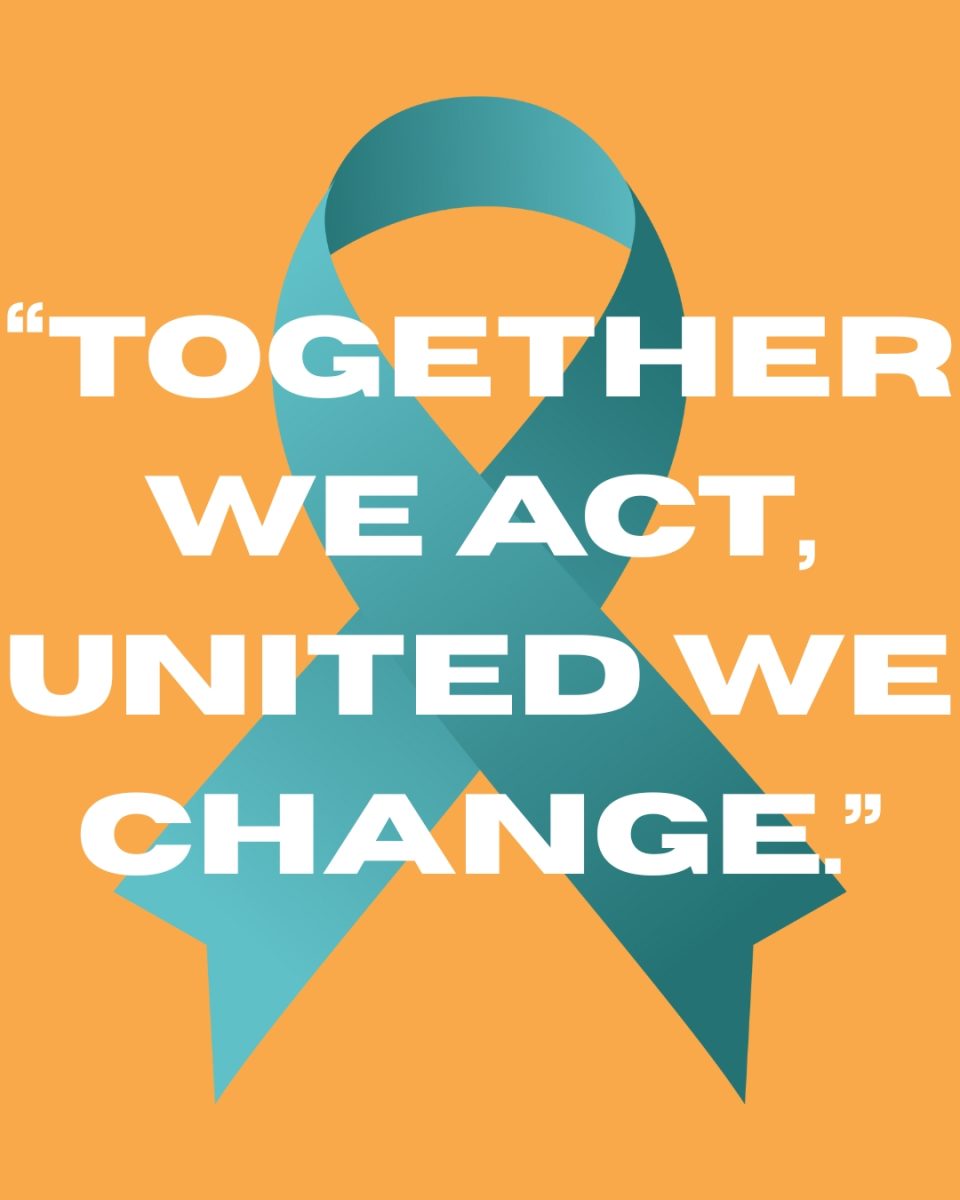

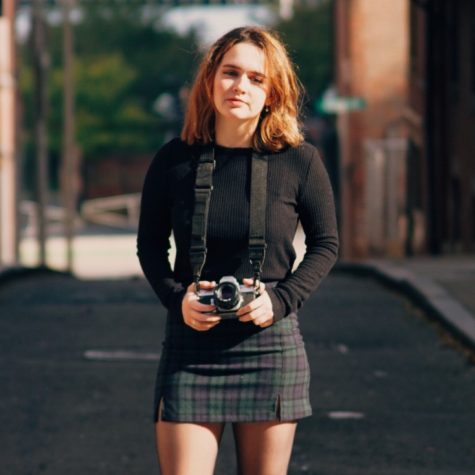
Marilyn Anne McDonald Hendricks • Nov 11, 2020 at 10:00 am
Thank you so much for recognizing my maternal grandfather. He was a brilliant, pioneering, brave person with a great sense of humor.
Michael • Feb 6, 2020 at 10:31 am
All students are welcome to come to the Archives to research Suffolk’s history, or to use any of our primary source manuscript collections in their coursework. We’re on the 3rd floor of the Sawyer Library, in the glass-walled room at the back of the student commons. You can also view digitized collection items at https://moakleyarchive.omeka.net/